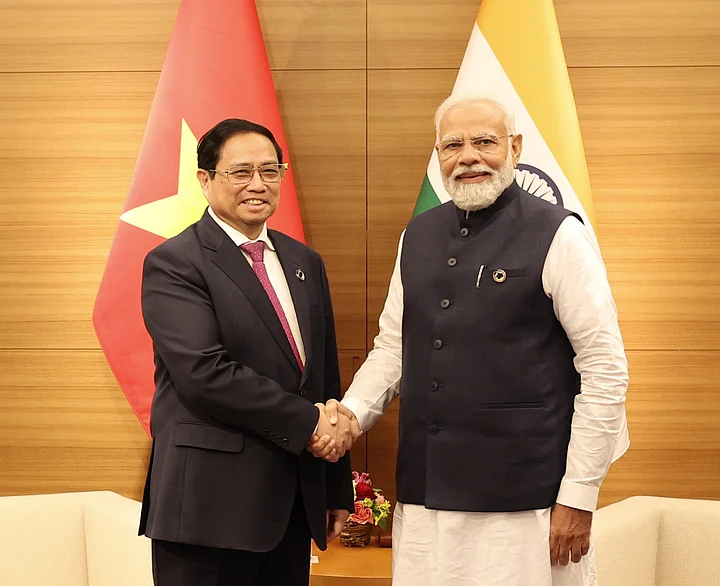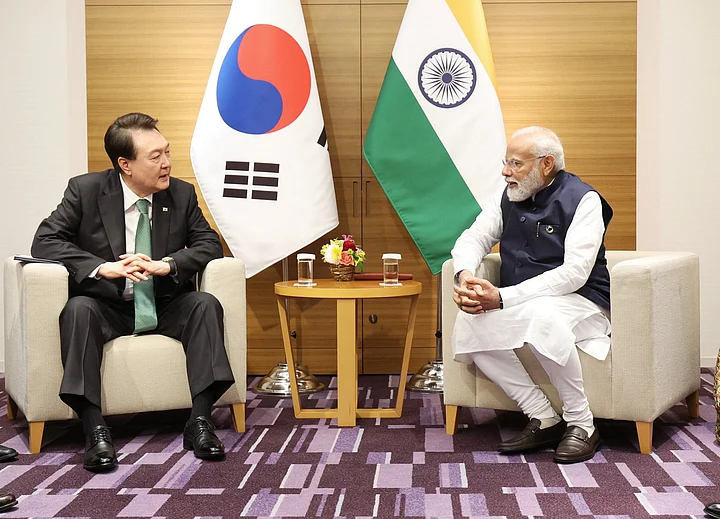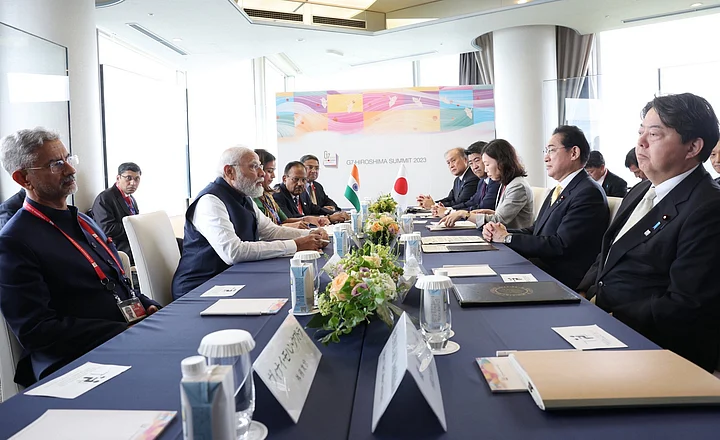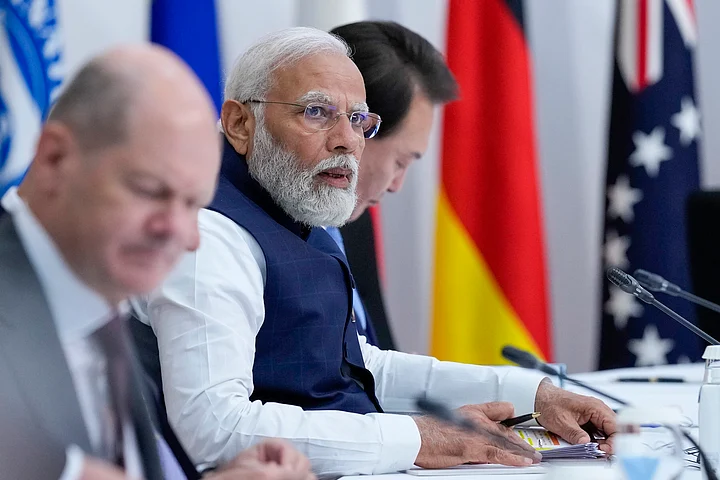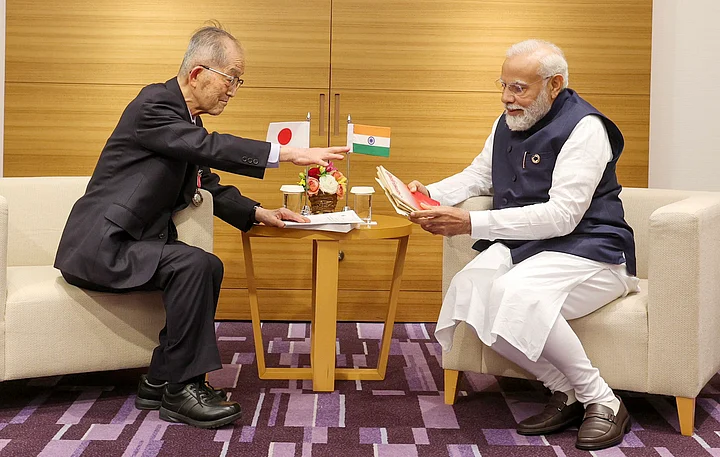Prime Minister Narendra Modi is in Japan for the first leg of his three-country diplomatic tour. He held talks with Ukrainian President Volodymyr Zelenskyy and met Japanese PM Fumio Kishida during the G7 Summit in Japan's Hiroshima.
Here are the top 10 key points you need to know about PM Modi’s visit:
Key Highlights About PM Modi's Japan Visit
PM Modi held talks with Ukrainian President Volodymyr Zelenskyy for the first time since the Russian invasion
PM Modi unveiled a statue of Mahatma Gandhi in Hiroshima.
Modi and his Japanese counterpart spoke about furthering India and Japan’s relations through developments in trade, economy, culture, etc.
The two also discussed “the need to highlight the voice of Global South,” Ministry of External Affairs Spokesperson Arindam Bagchi tweeted.
In his trips to Japan, Papua New Guinea, and Australia, the Indian PM will be participating in over 40 bilateral meetings and discussions.
PM Modi also met UN General Secretary Antonio Guterres, French President Emmanuel Macron, US President Joe Biden, UK PM Rishi Sunak, Indonesian President Joko Widodo, German Chancellor Olaf Scholz, Korean President Yoon Suk Yeol, and his Vietnamese counterpart Pham Minh Chinh.
Ukrainian President Volodymyr Zelenskyy is also part of the G7 summit in Japan. He reached Hiroshima after Ukraine finally won access to US F-16 fighter jets.
The G7 leaders have pledged their support for Ukraine. They stated that what Russia has been doing in Ukraine is “illegal, unjustifiable, and unprovoked.”
Leaders of the G7 summit urged China to respect Taiwan’s status and coerce Russia into ending the war with Ukraine. The leaders in the summit maintained that while they want “constructive and stable relations” with China, they warned the country about its “militarisation activities.”
PM Modi met the Indian diaspora in Japan’s Hiroshima.
Talking about Pakistan and China, PM Modi had said on Friday that India wants neighbourly relations with both of them. However, in regards to Pakistan, he did mention that the onus was on Pakistan to "create a conducive environment free from terrorism and hostilities."
(At The Quint, we question everything. Play an active role in shaping our journalism by becoming a member today.)
